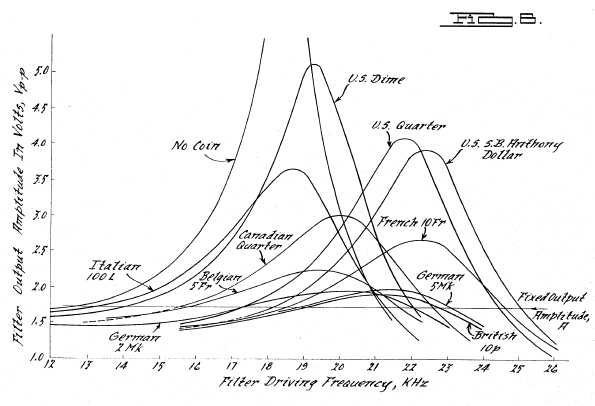 In business and commercial litigation, it is frequently alleged that the offending party’s actions resulted in a lost of business profit for the other party. In some instances, the issue is that the offending party’s actions prevented the pursuit of a given business opportunity as opposed to the reduction of profits or revenue from existing business. In other words, because of the offending party’s actions the business revenue and associated profit, simply did not happen.
In business and commercial litigation, it is frequently alleged that the offending party’s actions resulted in a lost of business profit for the other party. In some instances, the issue is that the offending party’s actions prevented the pursuit of a given business opportunity as opposed to the reduction of profits or revenue from existing business. In other words, because of the offending party’s actions the business revenue and associated profit, simply did not happen.
For instance, a local check cashing company that was looking to expand into different areas of the city, was denied a business permit by the City. The City explicitly stated that they were looking to limit the expansion of checking cashing and pay day loan companies within the City limits, so they denied the company’s business permit application. The check cashing company sued the City and claimed a loss of business profits.
In this instance, the new location, and any revenue and profit, did not happen so this would be an example of lost profits as opposed to reduced profits. In this case, and similar ones, the calculation of lost profits requires, an analysis of the incremental cost associated with the revenue that would have been generated from the lost business opportunity, Incremental costs are those costs that are associated with the services or products that would have been produced had the business opportunity taken place.
In this instance,incremental cost would include items such as additonal salaries, office supplies, rents, and fees that the new location would have incurred. A number of items, such as advertising, would be classed as fixed overhead, since they were carried out at a higher organizational level and would not have been effected by the opening of the new location. In determining what is incremental costs versus a fixed cost, the time frame of the damage analysis is frequently a a factor.

 Crude oil price decreased from $91.17 per barrel in September 2014 to $80.53 per barrel in October 2014. Natural gas price went down from $4.14 per million BTU (one million BTU is approximately 974 cubic feet) in September 2014 to $3.76 per million BTU in October 2014.
Crude oil price decreased from $91.17 per barrel in September 2014 to $80.53 per barrel in October 2014. Natural gas price went down from $4.14 per million BTU (one million BTU is approximately 974 cubic feet) in September 2014 to $3.76 per million BTU in October 2014.








 In business and commercial litigation, it is frequently alleged that the offending party’s actions resulted in a lost of business profit for the other party. In some instances, the issue is that the offending party’s actions prevented the pursuit of a given business opportunity as opposed to the reduction of profits or revenue from existing business. In other words, because of the offending party’s actions the business revenue and associated profit, simply did not happen.
In business and commercial litigation, it is frequently alleged that the offending party’s actions resulted in a lost of business profit for the other party. In some instances, the issue is that the offending party’s actions prevented the pursuit of a given business opportunity as opposed to the reduction of profits or revenue from existing business. In other words, because of the offending party’s actions the business revenue and associated profit, simply did not happen.